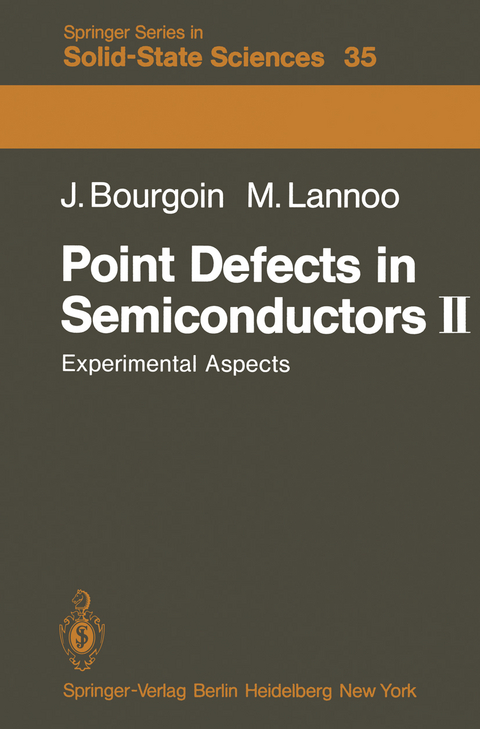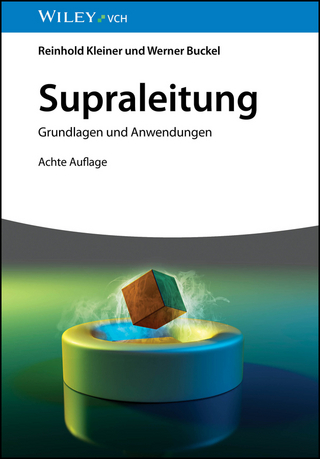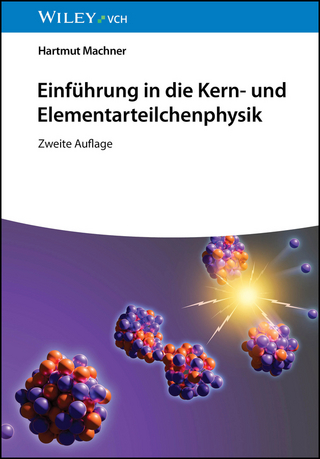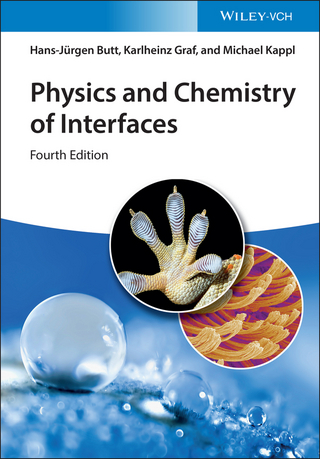
Point Defects in Semiconductors II
Springer Berlin (Verlag)
978-3-642-81834-9 (ISBN)
1. Introduction.- 2. Lattice Distortion and the Jahn-Teller Effect.- 2.1 The Electron-Phonon Interaction.- 2.2 Symmetry Considerations: The Stable Atomic Configurations.- 2.3 Coupled Electronic and Nuclear Motion: Vibronic States - Static and Dynamic Jahn-Teller Limits.- 2.4 The Vacancy in Silicon.- 3. Electron Paramagnetic Resonance.- 3.1 The Hamiltonian.- 3.2 Electronic Zeeman Interaction.- 3.3 Spin Orbit Coubling.- 3.4 Hyperfine Interaction.- 3.5 Nuclear Zeeman Interaction - Double Resonance.- 3.6 Spin-Spin Interaction. Fine Structure.- 3.7 EPR of Impurities and Vacancy - Impurity Pairs in Silicon.- 3.8 The Vacancy in Silicon.- 4. Optical Properties.- 4.1 Transition Probability.- 4.2 The Configuration Coordinate Diagram.- 4.3 Optical Line Shape and the Electron-Lattice Interaction.- 4.4 Optical Cross Section.- 4.5 An Example. The GR Absorption Band in Diamond.- 5. Electrical Properties.- 5.1 Carrier Distribution Between Bands and Defect Levels.- 5.2 Conduction in Case of Defect Interaction.- 5.3 Carrier Scattering.- 6. Carrier Emission and Recombination.- 6.1 Emission and Capture Rates.- 6.2 Experimental Observation of Emission Rates.- 6.3 Nonradiative Recombination Processes.- 6.4 Experimental Determination of Ionization Energies, Entropies and Cross Sections.- 6.5 Influence of the Electric Field on Emission Rates.- 7. Other Methods of Detection.- 7.1 Photoexcitation.- 7.2 Optical Detection of Paramagnetic Resonance.- 7.3 Direct Detection of Phonons.- 8. Defect Production by Irradiation.- 8.1 Interaction of Radiation with Solids.- 8.2 Defect Production.- 8.3 Defect Nature and Spatial Distribution.- 8.4 Experimental Determination of a Threshold Energy.- 8.5 Subthreshold Effects.- 9. Defect Annealing.- 9.1 Annealing Kinetics.- 9.2 Determination of the AnnealingParameters.- 9.3 Annealing of Defects Induced by Electron Irradiation.- References.
| Erscheint lt. Verlag | 8.12.2011 |
|---|---|
| Reihe/Serie | Springer Series in Solid-State Sciences |
| Zusatzinfo | XVI, 295 p. |
| Verlagsort | Berlin |
| Sprache | englisch |
| Maße | 155 x 235 mm |
| Gewicht | 486 g |
| Themenwelt | Naturwissenschaften ► Physik / Astronomie ► Atom- / Kern- / Molekularphysik |
| Naturwissenschaften ► Physik / Astronomie ► Festkörperphysik | |
| Technik ► Maschinenbau | |
| Schlagworte | Crystal • semiconductor • solid-state physics |
| ISBN-10 | 3-642-81834-X / 364281834X |
| ISBN-13 | 978-3-642-81834-9 / 9783642818349 |
| Zustand | Neuware |
| Informationen gemäß Produktsicherheitsverordnung (GPSR) | |
| Haben Sie eine Frage zum Produkt? |
aus dem Bereich


